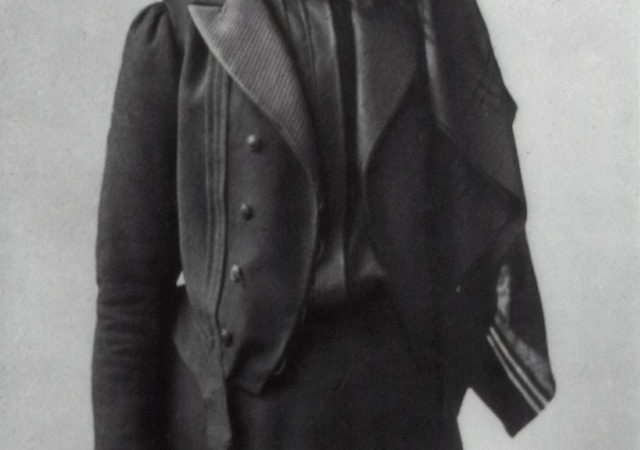In the wake of the recent miraculous awakening of a catatonic patient, medical professionals and researchers are grappling with the profound implications this breakthrough could have for our understanding of neurological disorders and the future of patient care. The awakening of Margaret Thompson after two decades of catatonia opens up a world of possibilities, challenging
In the wake of the recent miraculous awakening of a catatonic patient, medical professionals and researchers are grappling with the profound implications this breakthrough could have for our understanding of neurological disorders and the future of patient care. The awakening of Margaret Thompson after two decades of catatonia opens up a world of possibilities, challenging long-held assumptions and offering hope to countless individuals and families affected by similar conditions.
First and foremost, Margaret’s awakening offers a glimmer of hope for patients and their loved ones who have been living with the despair and uncertainty of catatonia. It is a reminder that there can be unexpected moments of recovery, even after extended periods of apparent unresponsiveness. This newfound hope can have a profound impact on families who have tirelessly cared for their catatonic loved ones, inspiring them to continue their quest for answers and potential treatments.
From a medical perspective, Margaret’s awakening presents an opportunity to delve deeper into the mechanisms behind catatonia and other related disorders. It challenges the medical community to reconsider the limits of our knowledge and explore new avenues for research and treatment. By studying Margaret’s case and others like hers, researchers can gain invaluable insights into the human brain, potentially unlocking breakthroughs in neuroscience and revolutionizing our understanding of consciousness and the mind.
Furthermore, Margaret’s awakening shines a spotlight on the importance of early and accurate diagnosis of catatonia. In many cases, patients with catatonic symptoms are misdiagnosed or their conditions are misunderstood, leading to prolonged suffering and a lack of appropriate interventions. The emergence of Margaret’s story emphasizes the need for increased awareness and specialized training for healthcare professionals, ensuring that individuals with catatonic symptoms receive prompt and accurate diagnoses, and subsequently, appropriate treatment options.
The implications of Margaret’s awakening extend beyond the realm of medical research and patient care. It opens up a broader dialogue about the nature of consciousness and the potential for hidden cognitive abilities within individuals who appear unresponsive. It challenges societal perceptions of mental health and raises questions about the depth of understanding we truly have regarding the human mind. Margaret’s story compels us to approach mental health with a renewed sense of curiosity and empathy, encouraging us to challenge prevailing assumptions and prejudices.
Ethical considerations are also paramount when discussing the implications of Margaret’s awakening. It is essential that her journey and experience be treated with the utmost respect and sensitivity. Margaret, along with her family, should have agency over how her story is shared, ensuring that her privacy and well-being are prioritized. As journalists, it is our responsibility to approach this story with the highest journalistic standards, respecting the dignity and wishes of those involved.
In conclusion, the awakening of Margaret Thompson, a catatonic patient who emerged from a two-decade-long state of unresponsiveness, holds immense potential implications for medical science, patient care, and societal understanding of consciousness. Her miraculous story instills hope in those affected by catatonia and challenges the medical community to push the boundaries of knowledge and explore new treatments. It prompts a deeper examination of how we diagnose and support individuals with catatonic symptoms. Ultimately, Margaret’s awakening serves as a reminder of the incredible capacity of the human mind and the mysteries that lie within, urging us to approach neuroscience and mental health with curiosity, compassion, and a commitment to uncovering the full potential of the human experience.

















Leave a Comment
Your email address will not be published. Required fields are marked with *